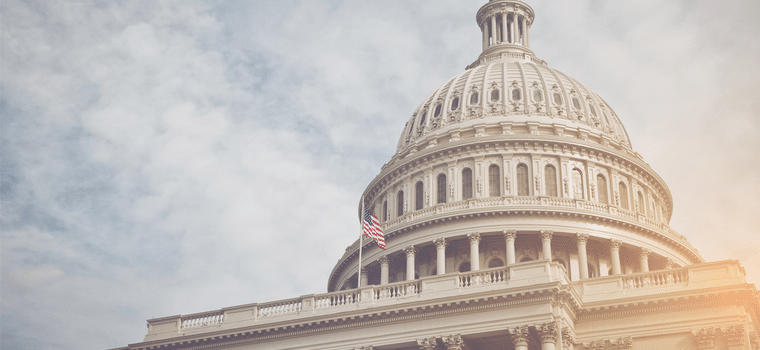In April, Senators Elizabeth Warren and Brian Schatz asked the three major credit bureaus to prioritize protecting American consumers against future negative credit marks caused by incurred debt or missed payments during the COVID-19 pandemic.
This request follows the support of the Coronavirus Aid, Relief, and Economic Security (CARES) Act, a $2 trillion economic relief package signed into law on March 27, 2020.
Here’s why the senators’ request is significant: Although the CARES Act was created to protect the financial health and well-being of Americans as we navigate the COVID-19 pandemic now, it may not safeguard your credit in the longer term, specifically when it’s time to pay back temporarily forgiven debt.
As we wait for the situation to unfold, here’s what you need to know about pending legislation and what it means for your credit.
Understanding the CARES ACT and FCRA Changes
The CARES Act has amended the Federal Credit Reporting Act (FCRA) to evolve the way accounts are reported to the credit bureaus.
Now under FCRA, creditors can’t report account delinquencies unless they existed before. This means that if you were current on your payments before but now you’ve been granted a debt modification or debt accommodation because of financial hardship caused by the pandemic (such as a job loss, furlough or illness) you can’t be penalized on your credit reports and creditors must report your account as current.
However, while debt accommodations and modifications won’t have a negative impact on your credit, if there’s been delinquency in the past, the delinquency will remain on your report if those payments haven’t been made.
In other words, if you were delinquent before — say, a missed mortgage payment, credit card payment or auto loan payment — you’ll still be considered delinquent now until you catch up. Previous debt won’t just go away.
What You Should Do Now
If you need help with debt, it’s up to you to ask for it.
Most mortgage lenders have established finance assistance options, such as mortgage payment deferrals or lower monthly payments. Creditors, lenders and service providers have established new assistance programs too. Be proactive because it’s much more beneficial to your credit to work out a debt accommodation rather than have missed or late payments.
Remember, payment history accounts for around 40% of your credit scores so take these necessary steps to protect your credit:
- Reach out to lenders and creditors to establish payment modifications and payment hold terms.
- Get your agreement in writing, either hard copy or email.
- Monitor your credit reports to ensure accurate reporting. If you see anything suspicious or wrong, dispute it immediately. While the credit bureaus have recently offered Americans free credit reports for one year, the free reports don’t include access to credit scores.
What You Should Do Next Month
As leaders work to implement rules that protect our financial well-being, the legislation and laws continue to evolve.
During this dynamic time, continue to monitor your credit reports and scores monthly, and stay on top of reporting errors or mistakes. If in the future you apply for a new loan, mortgage or credit card, your credit scores will be important and taken into account to determine your interest rate, so ensure everything that’s being reported is accurate.
While no one knows when life will return to the way it was before the COVID-19 pandemic, protecting your credit is vital to ensuring your short- and long-term financial health.
Check back with ScoreSense for the ways in which pending and passed legislation may impact your credit.





